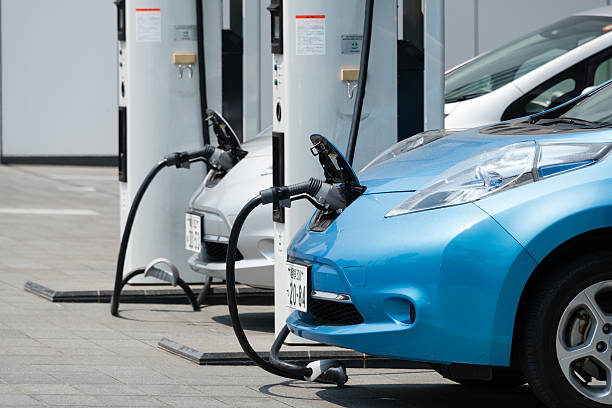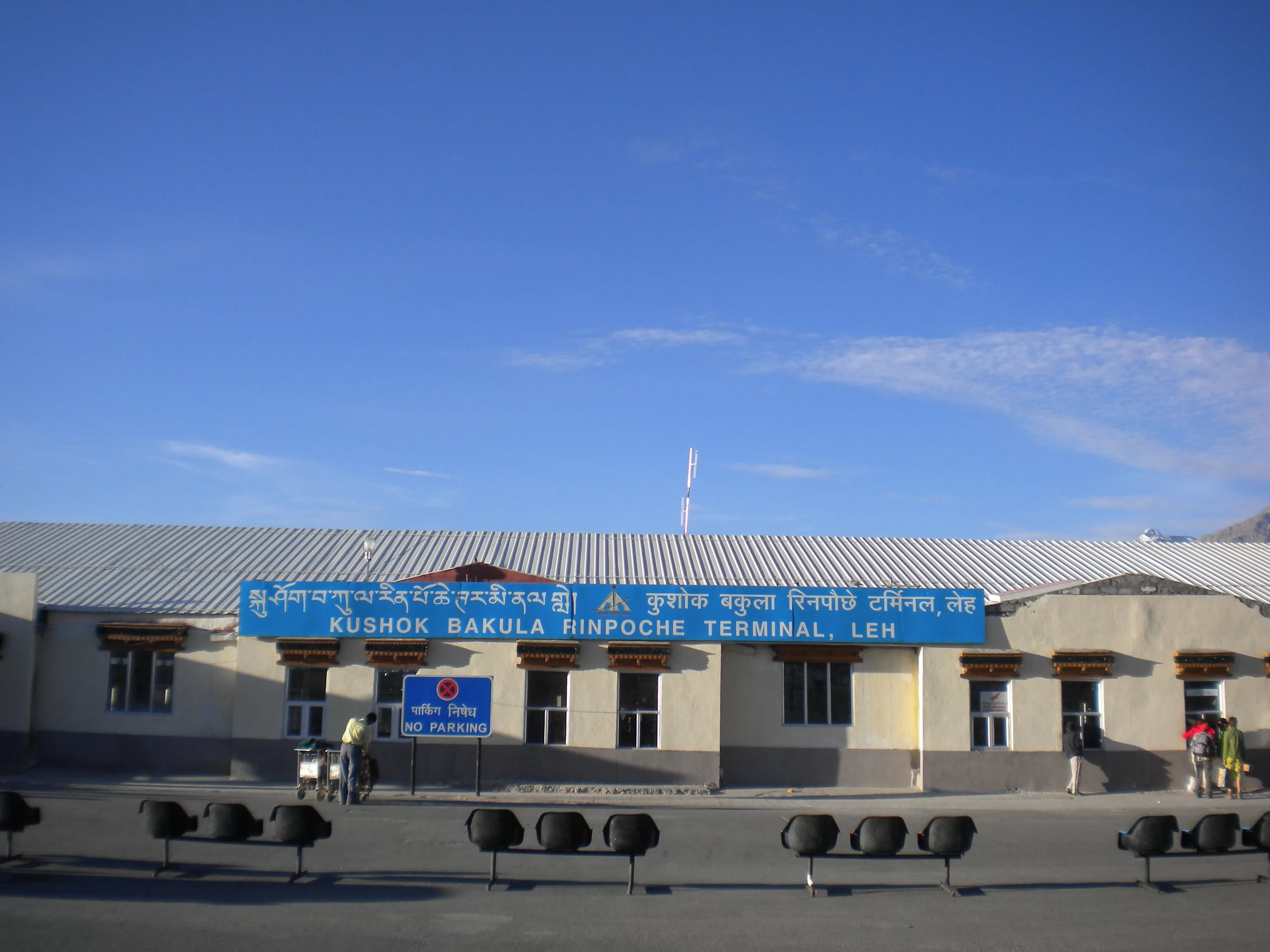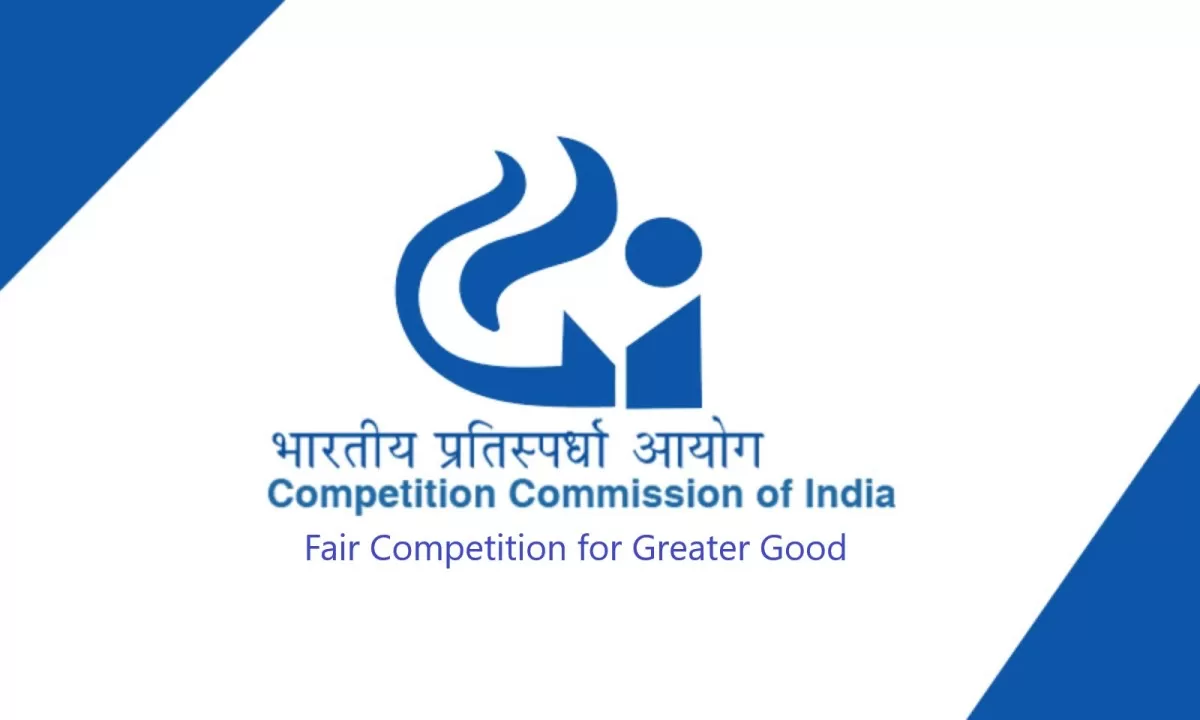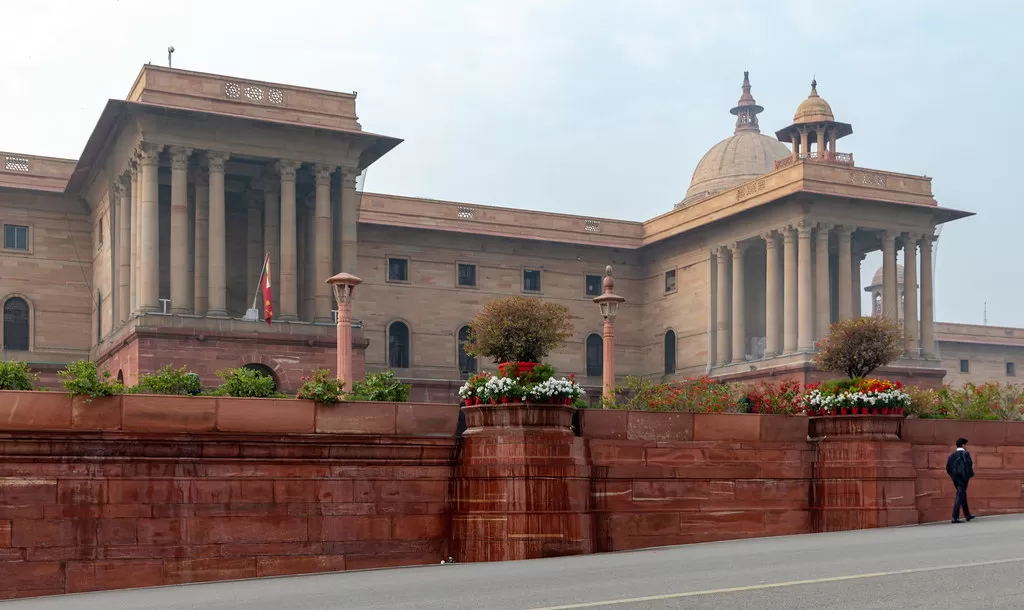

Leh Airport Goes Green
Leh Kushok Bakula Rinpoche Airport is set to become India’s first airport powered by geothermal and solar energy, marking a significant milestone in sustainable aviation. This initiative, undertaken at an estimated cost of Rs 6.50 billion, aligns with efforts to transform Ladakh into a carbon-neutral region. With airports being major energy consumers, this project represents a crucial step toward reducing carbon emissions in aviation infrastructure. The airport’s innovative approach involves replacing conventional air-conditioning systems with underfloor heating using geothermal..

CCI Clears Tata Sons' Additional Stake Buy in Tata Play from Baytree
The Competition Commission of India has approved the acquisition of certain additional shareholding in Tata Play (Tata Play) by Tata Sons (Tata Sons) from Baytree Investments (Mauritius).The Proposed Combination involves the acquisition of 10% shareholding in Tata Play by Tata Sons.Tata Sons is an investment holding company, which is registered as a core investment company with the Reserve Bank of India and classified as a “Systemically Important Non-Deposit Taking Core Investment Company”.Tata Play, formerly known as Tata Sky, is one of India’s leading content distribution platforms pro..

DARPG Releases 31st CPGRAMS Report for February 2025
The Department of Administrative Reforms and Public Grievances (DARPG) has released the 31st monthly report on the Centralised Public Grievance Redress and Monitoring System (CPGRAMS) for States and Union Territories (UTs) for February 2025. The report provides insights into the volume of grievances received, disposal rates, and major grievance categories across different states and UTs. Key Highlights from the Report Grievance Statistics: A total of 52,464 grievances were received in February 2025. 50,088 grievances were redressed during the month. As of 28th February 2025, the total pen..














